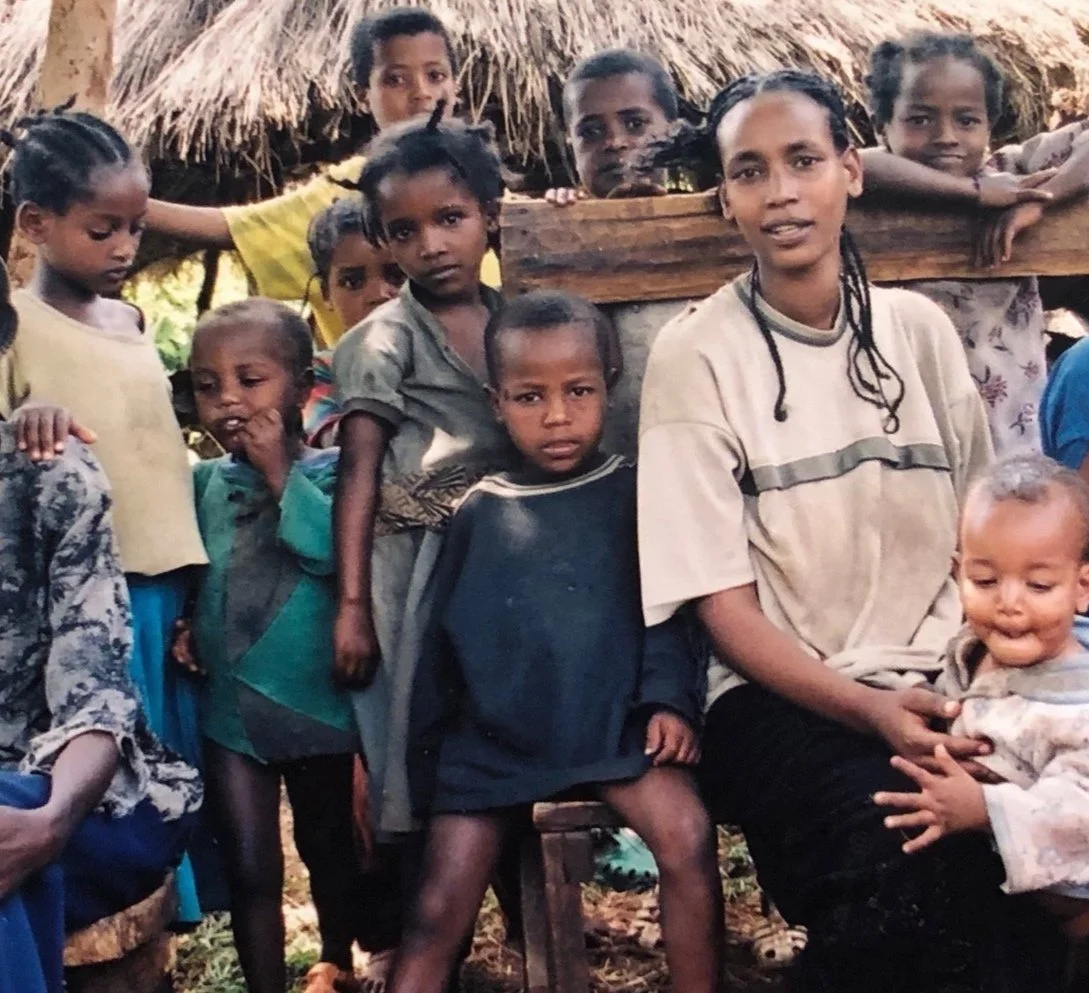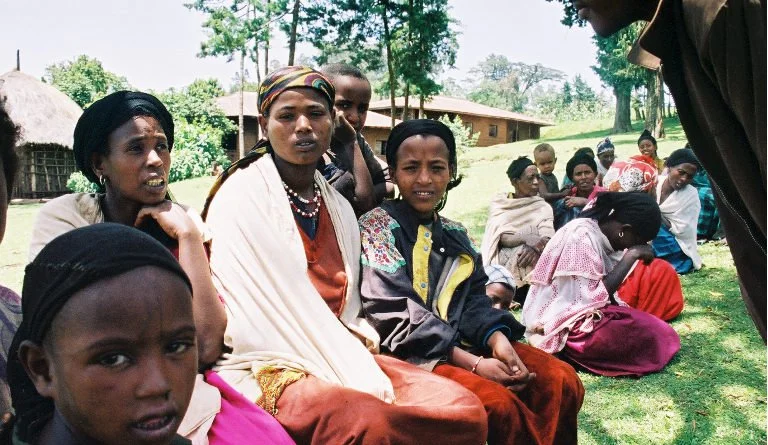
Impact

In 2018 LOWO conducted an impact study of its original implementation from 2001 - 2004.
The evaluation was conducted by an Ethiopian researcher Getnet Tadele, a Professor of Sociology at Addis Ababa University with cooperation of the International Institute of Rural Reconstruction (IIRR). They spoke to People in four of the fifteen communities where LOWO was originally conducted. They interviewed a total of 118 former community participants.
The final report was submitted in 2019 and indicated that LOWO’s qualitative impacts extend far beyond the scope of previous evaluations. The results underscored the way change often takes place, gradually, with the shifting of hearts and minds.
Some of the main highlights of the new report’s findings on LOWO’s impact include:
Motivated further education
Many of LOWO’s participants who became facilitators were particularly inspired by their own role. The process of becoming trained facilitators often motivated them to seek out additional education, resulting in a ripple effect for individuals and families.
“After I got LOWO’s training [as a facilitator], I turned self-sufficient, had self-awareness… the LOWO training opportunities opened my eyes and re-energized me to complete my education.”
— LOWO Participant
Increased income & improved wellbeing
The LOWO approach helped improve household income and livelihoods. Families were able to see different potential balances of reproductive roles and other social functions, and because women were able to earn supplementary income with their additional education. LOWO’s savings cooperatives also contributed to increased family livelihoods.
Increased communication and generational change
Participants became more comfortable discussing family planning through LOWO dialogues, thus increasing health awareness and outcomes. By introducing the culture of conversation between couples, and between parents and children, LOWO enabled community members to break with old cultural constructs by passing on new ideas and questions to their children and future generations.
“Unlike the government health system that used to teach and prescribe solutions, LOWO created awareness at the community level and enabled people to decide by themselves to use family planning options.”
— LOWO Participant
Inspired intra-community learning
LOWO participants still identify the linkages between socio-economic and environmental challenges with large families. Inclusion of both men and women in the process was a key component of cultivating this understanding.
Fostered family decision making
The LOWO methodology inspired couples to consider family planning, including seeking contraceptive options, without being directed to do so. Many women who were originally shy to even talk about contraception now use long-lasting contraceptives.
“After the LOWO discussions, I converse with my husband and participate in decisions on issues that pertain our household.”
— LOWO Participant
Shifted gender dynamics & Increased female leadership:
After participating in LOWO, women rose to positions of leadership, becoming role models and business leaders in their communities. The perspectives of men and children in their families and communities changed as women gained understanding of their rights, roles, and capabilities. Women were able to claim inheritance of property in cases of death or divorce.
“My eldest daughter has witnessed how LOWO changed our lives. She got married after she completed a diploma. A year after their marriage, the couple had a child. Then, learning from me, she started using contraceptives.”
— LOWO Participant
Inspired neighboring communities
Communities without a LOWO program envied the communities that did, since they heard about the program and were interested in the approach. LOWO could serve as a model for projects aiming to create change in their communities.
Inspired organizations
Partner organizations who co-implemented the LOWO project adopted and utilized this theory of change within their development models.
The program’s results exceeded expectations of the LOWO’s anticipated impact. These changes are also attributable to shifts in politics, government programs, private sector, donor and civil society efforts.
“The LOWO discussions initiated and introduced the habit of freely conversing about our household size, my wife’s reproductive health, and the need for family planning. My wife and I then agreed to use contraceptive options and asked for them to space births.”
— LOWO Participant
Many participants pointed to LOWO as a key turning point in their lives
Even as LOWO was not the sole reason for these shifts, it was clearly a contributing factor that helped Ethiopian communities. The conversations in LOWO groups nurtured existing ideas and LOWO’s dialogues generated new ideas for future growth. LOWO’s impact extends beyond the participants to future generations.







